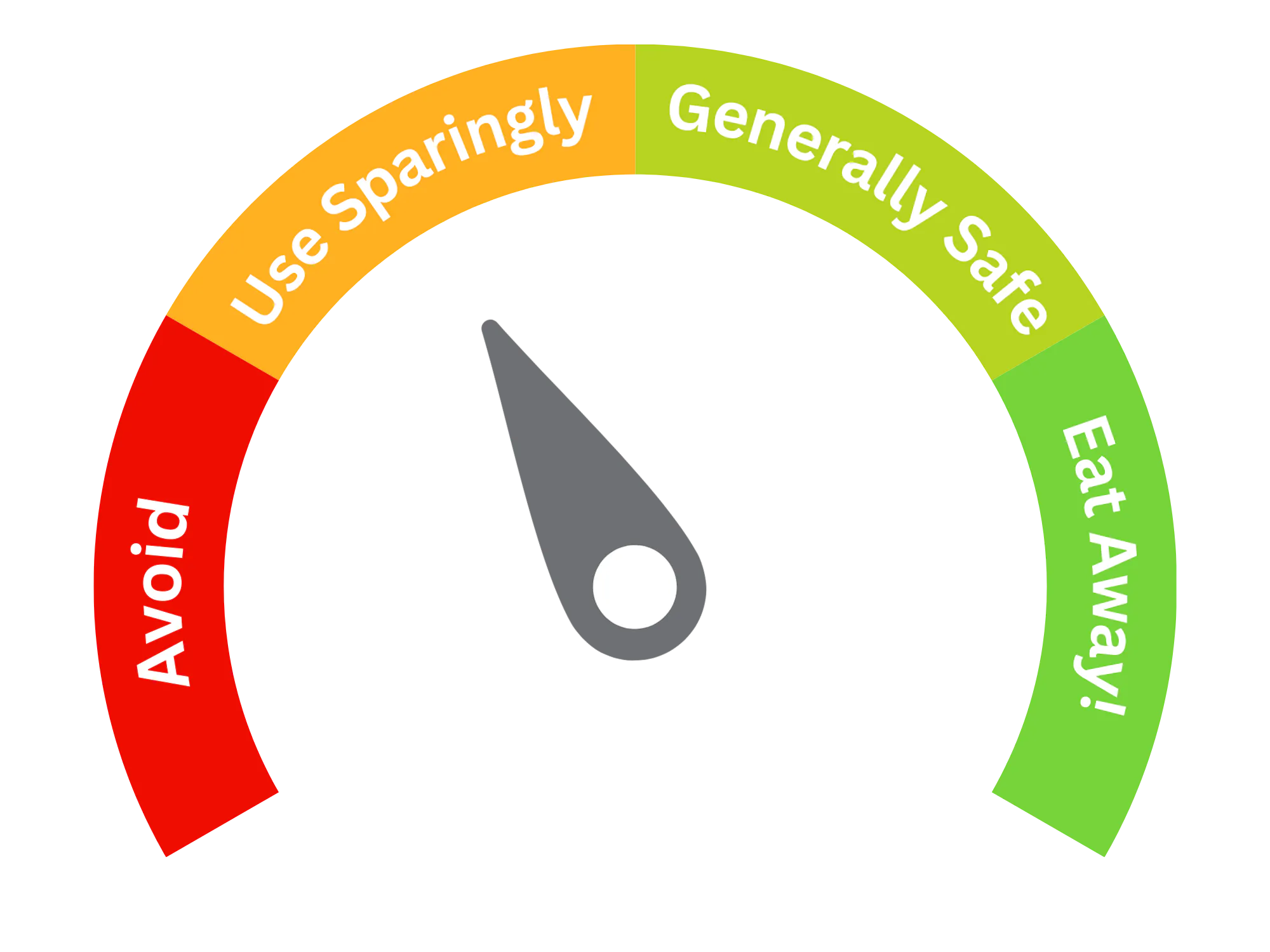Propylparaben (E216)
| Type of additive (Glossary) | Preservatives |
| E Number | E216 |
| Chemical Formula | C10H12O3 |
| Also Known As | Propyl paraben Propyl p-hydroxybenzoate Propyl parahydroxybenzoate Nipasol E216 |

Purpose and Function
Propylparaben is a synthetic compound used as a preservative in food, cosmetics, and pharmaceuticals. It belongs to the paraben family, which are esters of p-hydroxybenzoic acid. Propylparaben is valued for its antimicrobial properties, particularly against molds, yeast, and bacteria, making it effective in extending the shelf life of products. Its primary functions include:
- Preservative: Propylparaben is widely used to prevent spoilage and contamination by inhibiting the growth of bacteria, yeast, and molds in food products. It is commonly found in baked goods, processed meats, and dairy products.
- Cosmetics and Pharmaceuticals: Beyond food, propylparaben is also used as a preservative in various cosmetics, such as lotions, shampoos, and makeup, as well as in pharmaceuticals, where it helps maintain product stability and safety.
Potential Risks and Side Effects
The safety of propylparaben has been the subject of extensive research and debate. While it is generally recognized as safe by regulatory agencies such as the FDA and the European Food Safety Authority (EFSA), there are some concerns about its potential risks:
- Endocrine Disruption: Some studies suggest that propylparaben may have weak estrogenic activity, meaning it can mimic the hormone estrogen in the body. This has raised concerns about its potential to disrupt the endocrine system, potentially leading to reproductive issues or hormone-related cancers. However, the estrogenic activity of propylparaben is much weaker than that of natural hormones, and regulatory agencies consider the levels used in food and cosmetics to be safe.
- Allergic Reactions: Although rare, some individuals may experience allergic reactions to propylparaben, including skin irritation, rashes, or itching. These reactions are more commonly associated with its use in cosmetics and topical products rather than food.
- Regulatory Restrictions: Due to the concerns about its potential endocrine-disrupting effects, the use of propylparaben is restricted or banned in some regions for certain applications, particularly in cosmetics intended for use on children.
